- Blog
- 30+ Persuasive Words That Sell: Unlock the Power of Language
30+ Persuasive Words That Sell: Unlock the Power of Language
-
Nikolett Lorincz
- Marketing
- 6 min read
Table of Contents
If you’re looking to drive sales and boost conversions, your words matter more than you might think. In fact, the right words can trigger emotions, build trust, and help your audience imagine themselves using your product or service, pushing them to take action.
So, how do you choose the right words? Whether you’re writing a new product description, crafting email subject lines and email campaigns, or designing an ad, persuasive words are your secret weapon.
In this article, we’ll dive deep into the psychology behind persuasive language and provide you with a list of over 30 words that sell.
Let’s get started!
The power of persuasive words
Words are more than just a way to communicate—they shape perceptions, influence decisions, and, in the world of marketing, sell.
Some words pack a bigger punch than others, and this isn’t a coincidence. They tap into basic human emotions and desires, like the need for security, the fear of missing out, or the pursuit of happiness. When used strategically, words can motivate someone to buy, sign up, or act right away.
Effective word choice is crucial in maintaining a smooth, frictionless experience for prospects throughout the sales process.
Take a moment to think about your own online shopping habits. Chances are, you’ve felt the pull of phrases like “limited-time offer” or “risk-free trial.”
These power words aren’t just filling space—they’re crafted to create a sense of urgency, build trust, or highlight value, all while nudging you toward the “Buy Now” button.
Industries like ecommerce, copywriting, and advertising rely heavily on persuasive language to captivate their audiences. And while every business is different, the impact of certain words remains consistent across industries.
30 persuasive words that sell
Let’s break down some of the most powerful words that marketers use to drive sales. For each word, we’ll explain why it works and how you can use it effectively.
1. Free
It’s no secret that people love getting something for nothing. “Free” is one of the most powerful words in marketing because it instantly grabs attention.
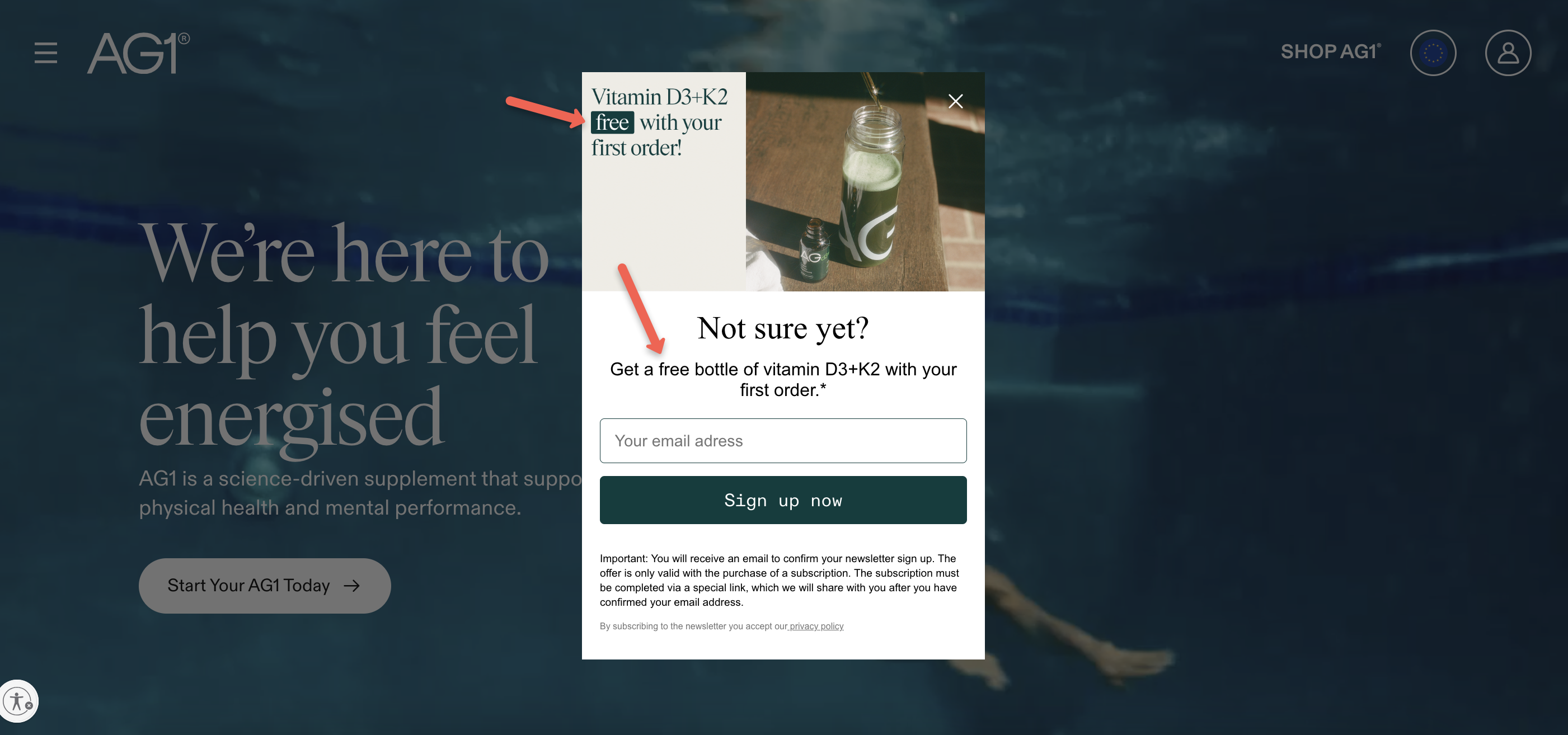
2. You
Addressing the person reading your content directly can create a personal connection and enhance the persuasive impact of your message. Using “you” makes the customer feel like the offer is specifically for them.
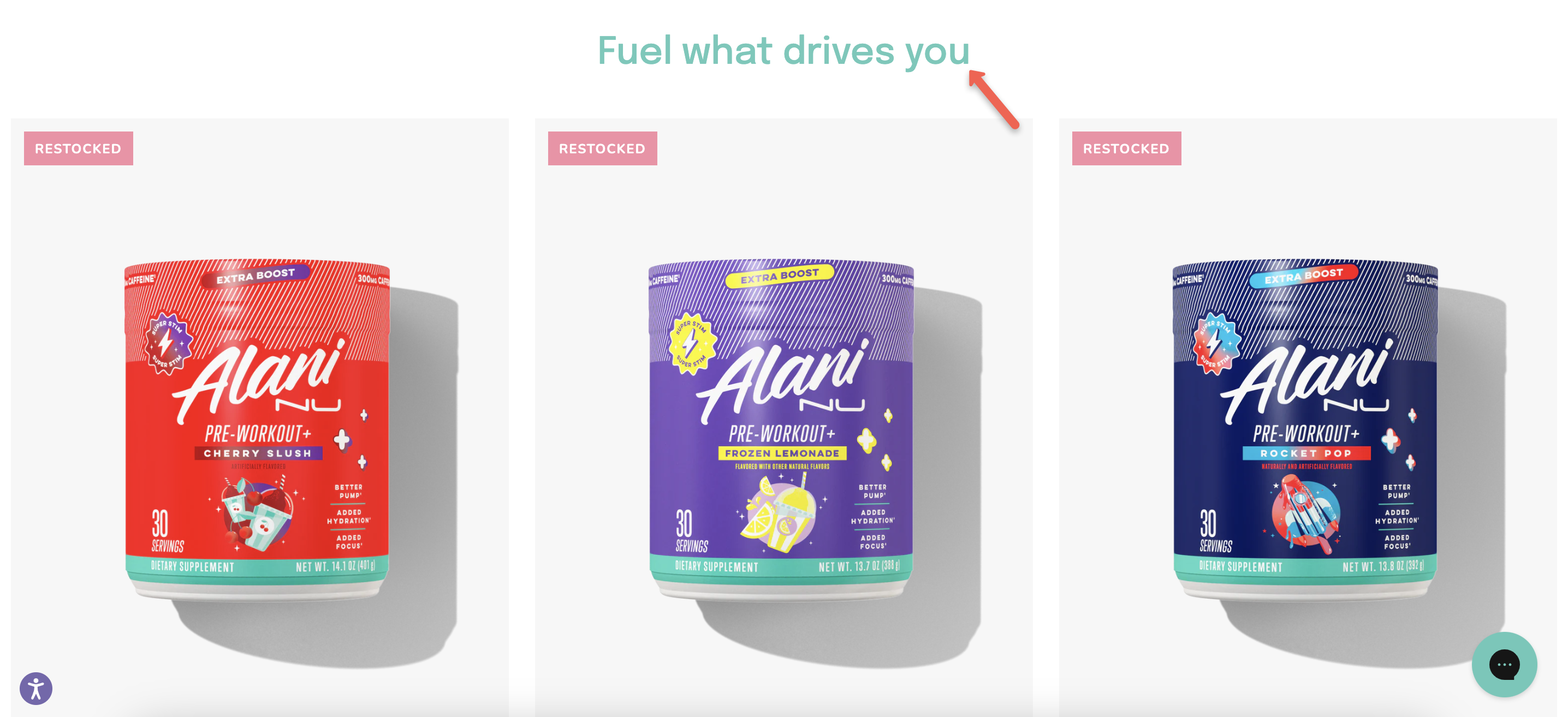
3. Because
People like to know the “why” behind things. A famous study involving a Xerox machine demonstrated that people are more likely to comply with a request when given a reason, even if the reason is not particularly compelling. Adding “because” to your copy gives a reason for action, which can increase compliance.
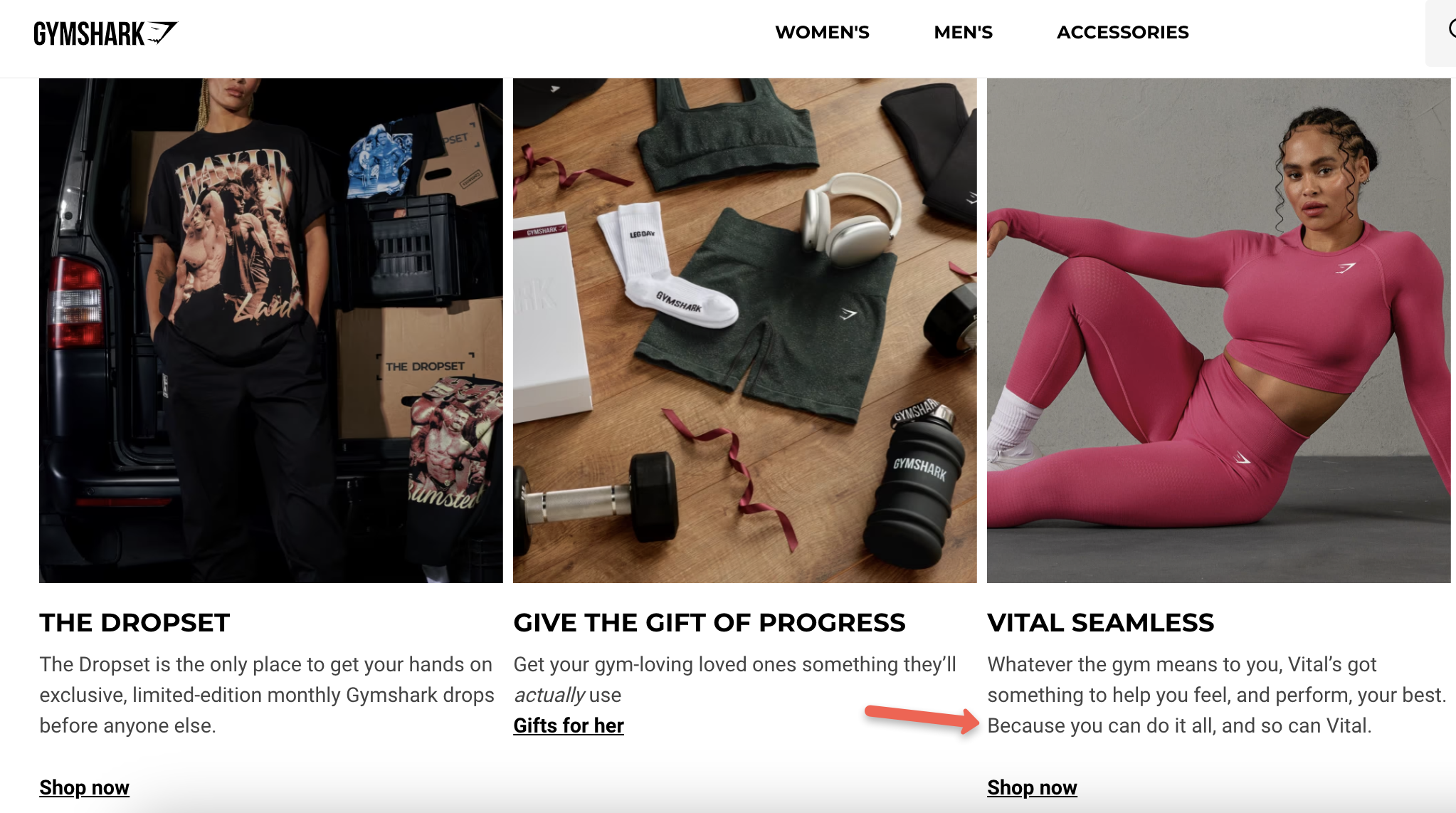
4. New
We’re wired to be curious about new things. “New” appeals to our love of novelty and innovation.
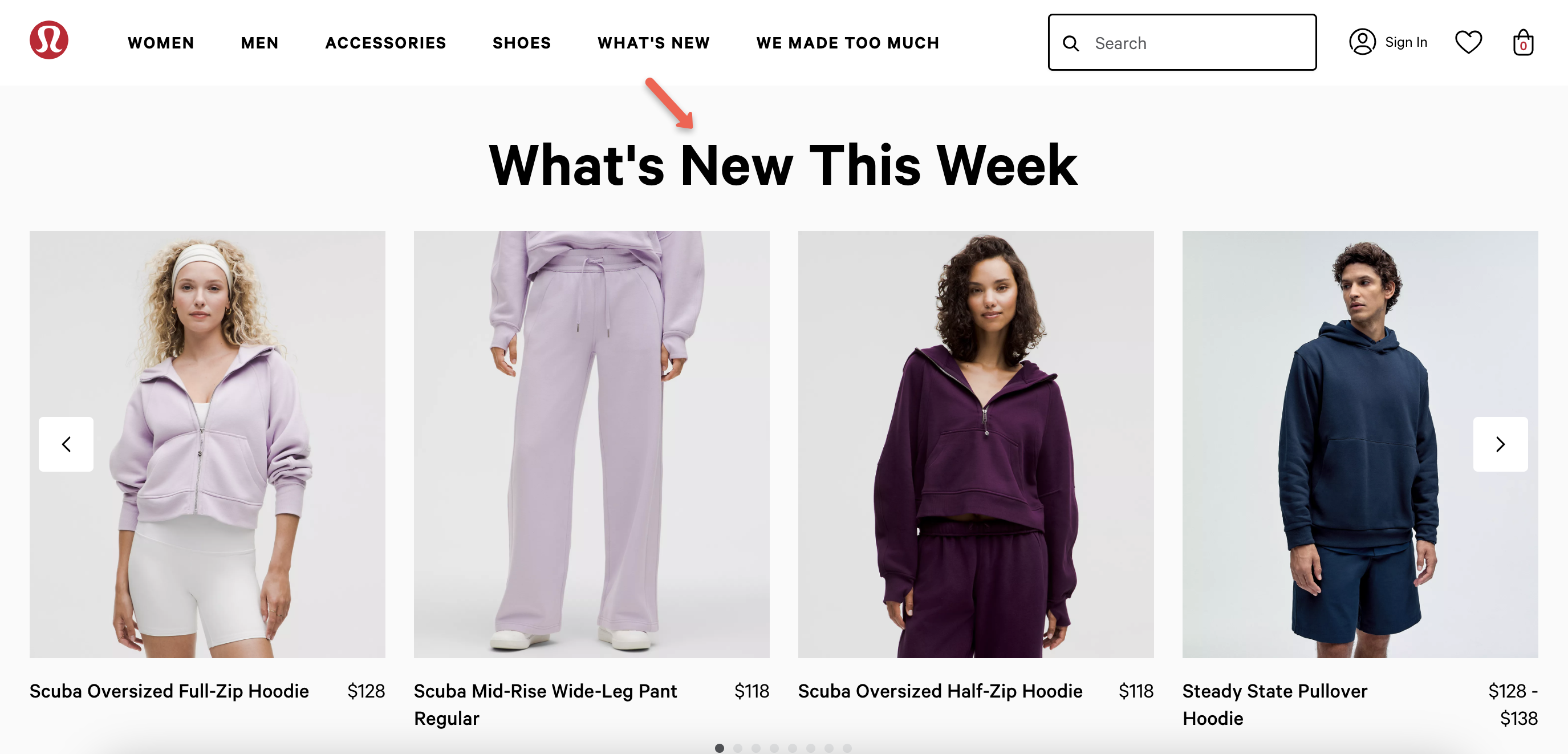
5. Limited
When people believe something is scarce, they value it more. “Limited” creates a sense of urgency.
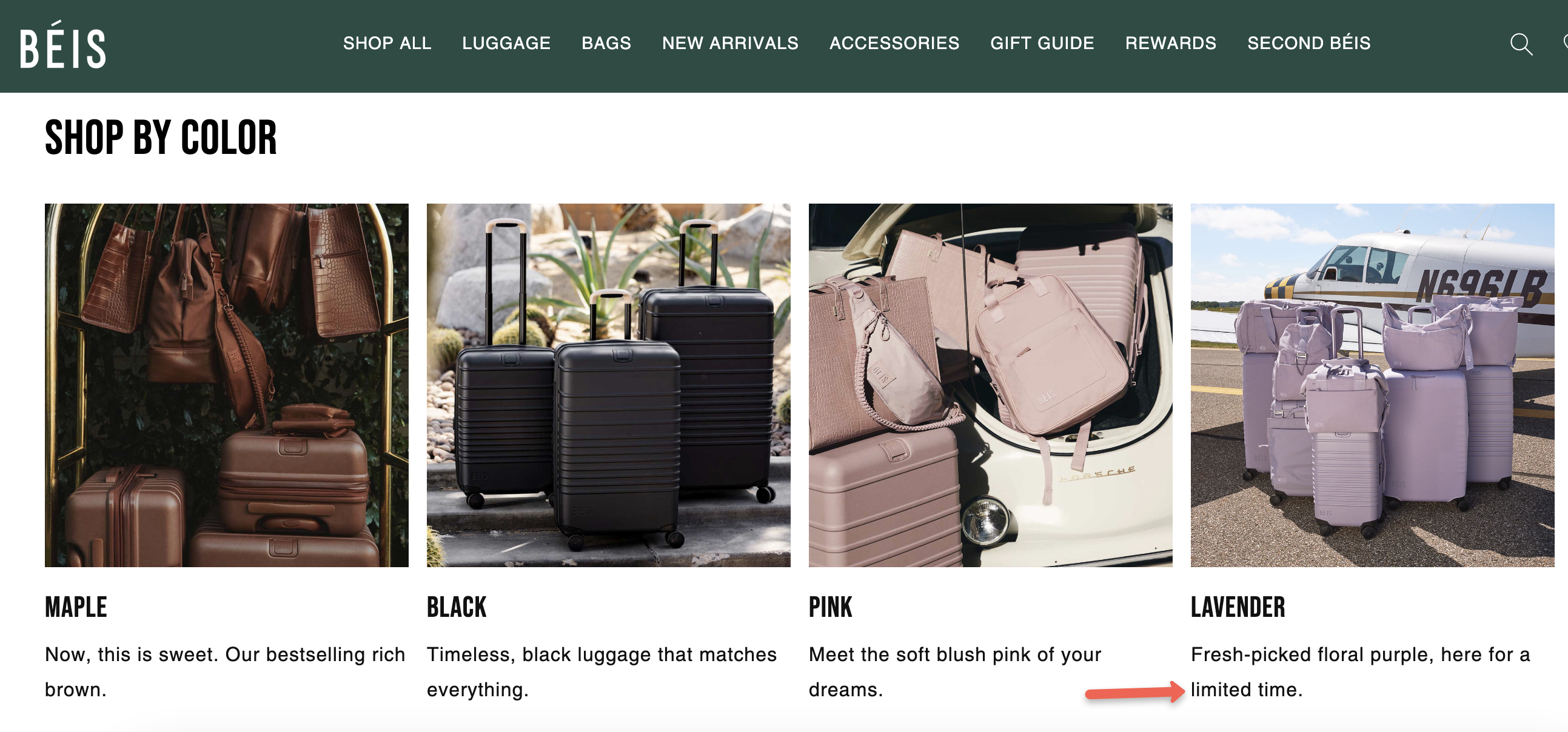
6. Save
Everyone wants to save money. “Save” promises financial benefit, making the offer even more appealing.
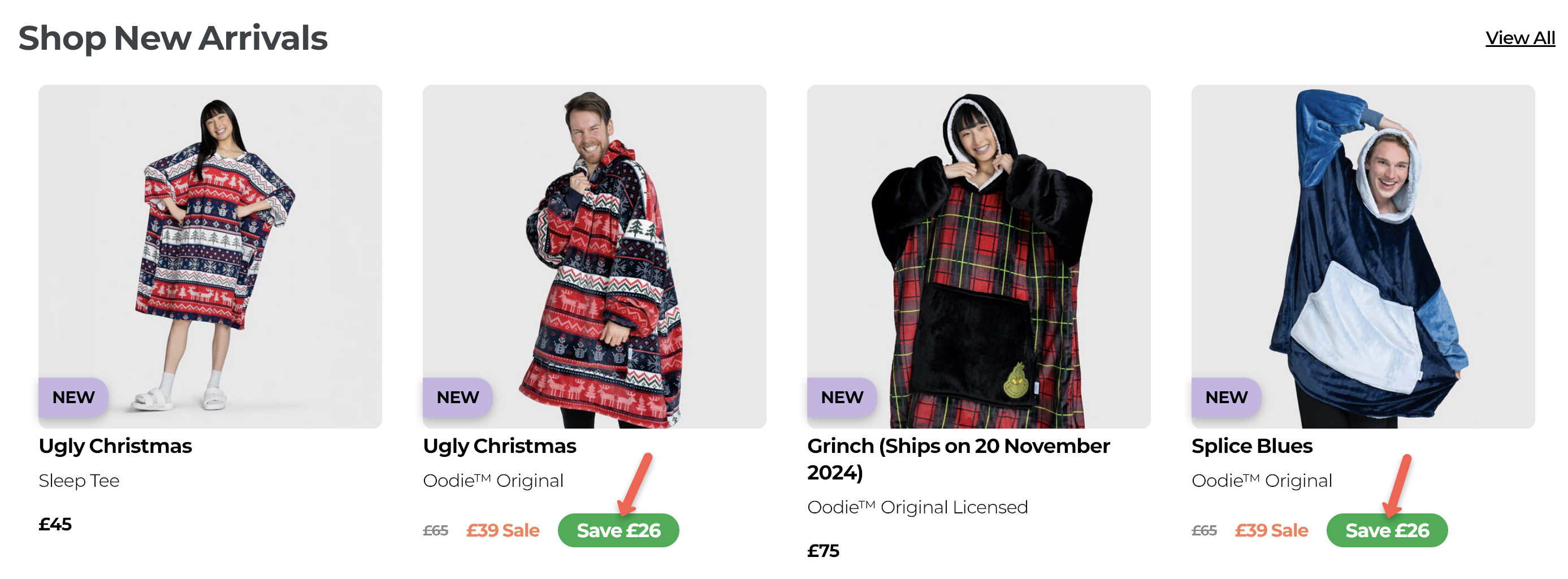
7. Proven
This word suggests reliability. It reassures the customer that your product or service delivers results.
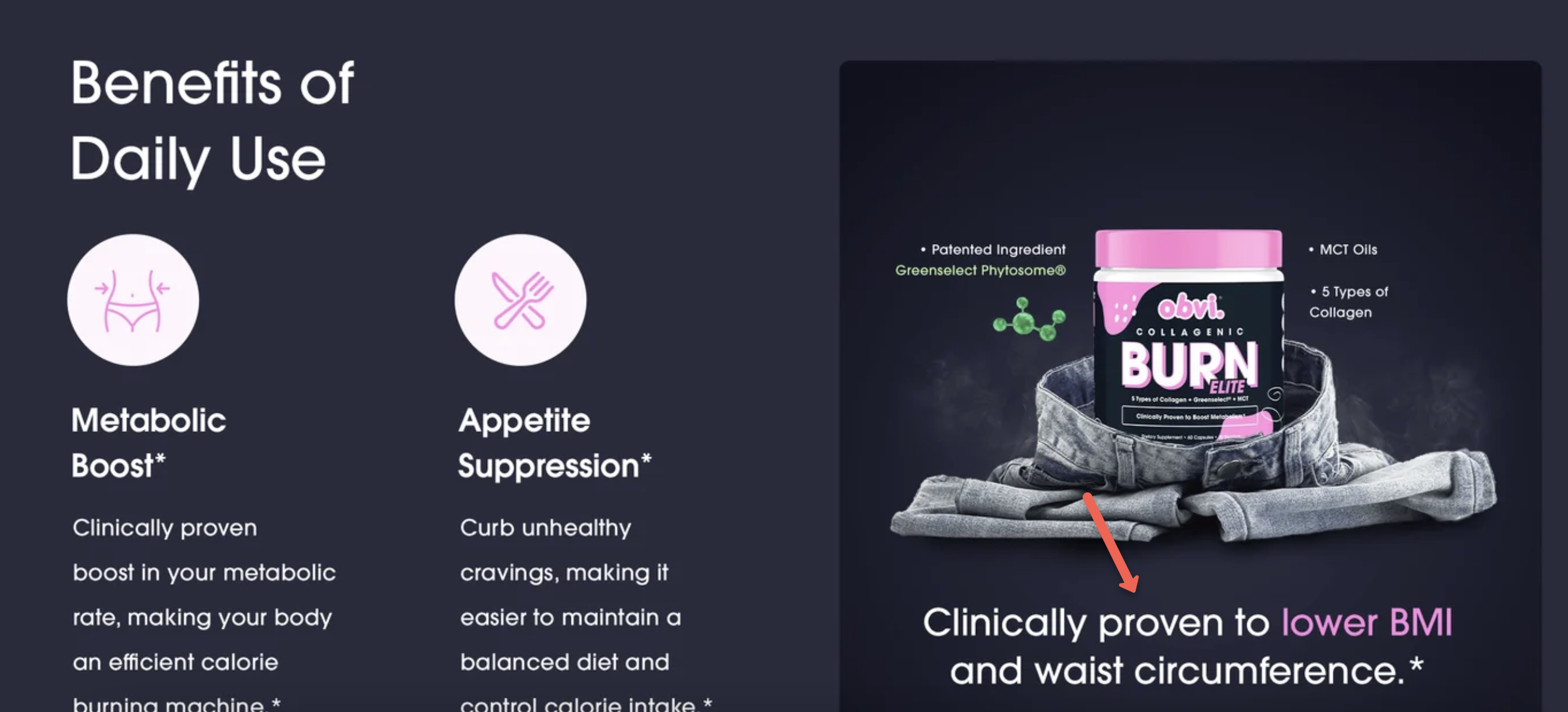
8. Easy
Simplicity is key. “Easy” appeals to consumers who want quick, hassle-free solutions. In marketing campaigns, this word reassures potential customers that they won’t face complex processes, making it more likely they’ll take action.
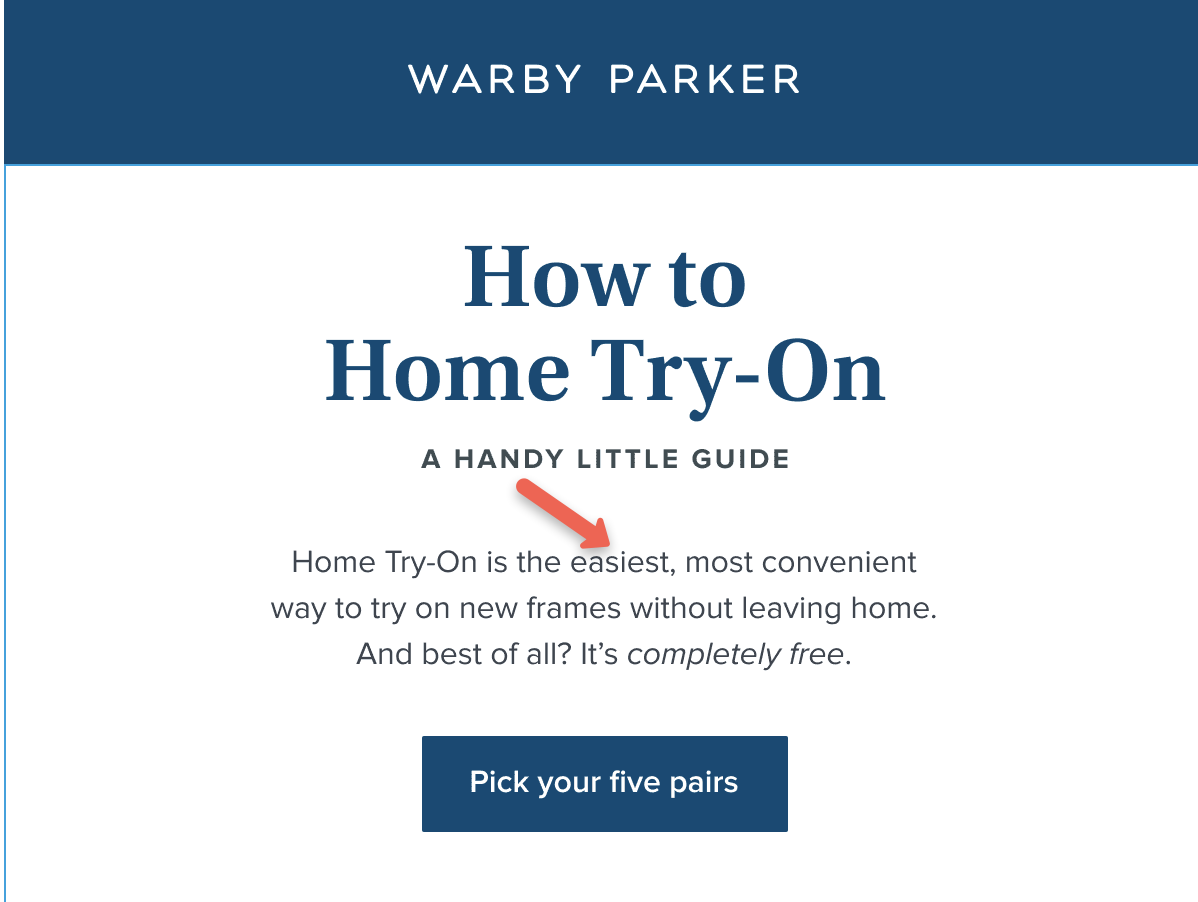
9. Exclusive
People love feeling special. “Exclusive” makes your offer feel like a rare opportunity.
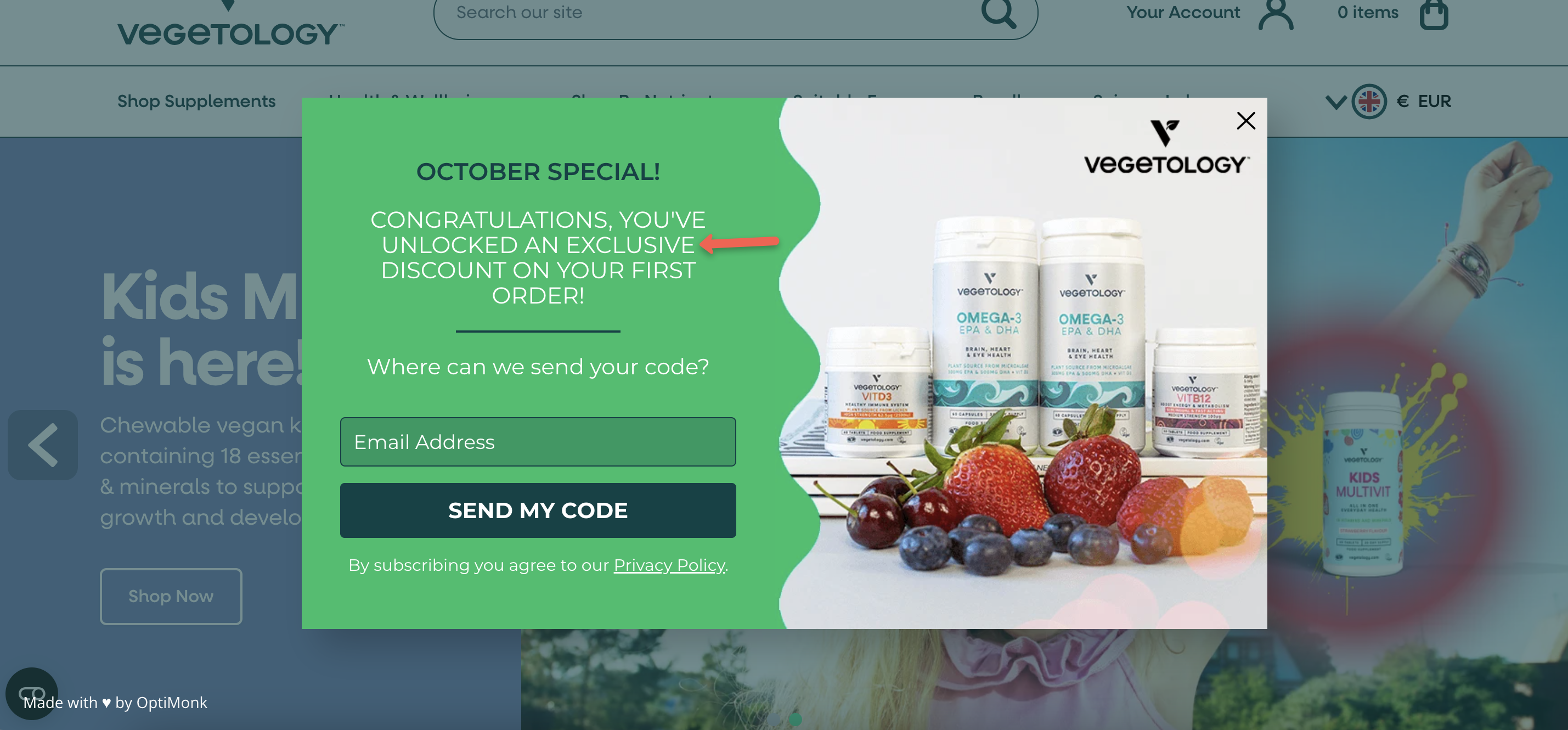
10. Guaranteed
To remove any hesitation, “guaranteed” builds trust by eliminating risk.
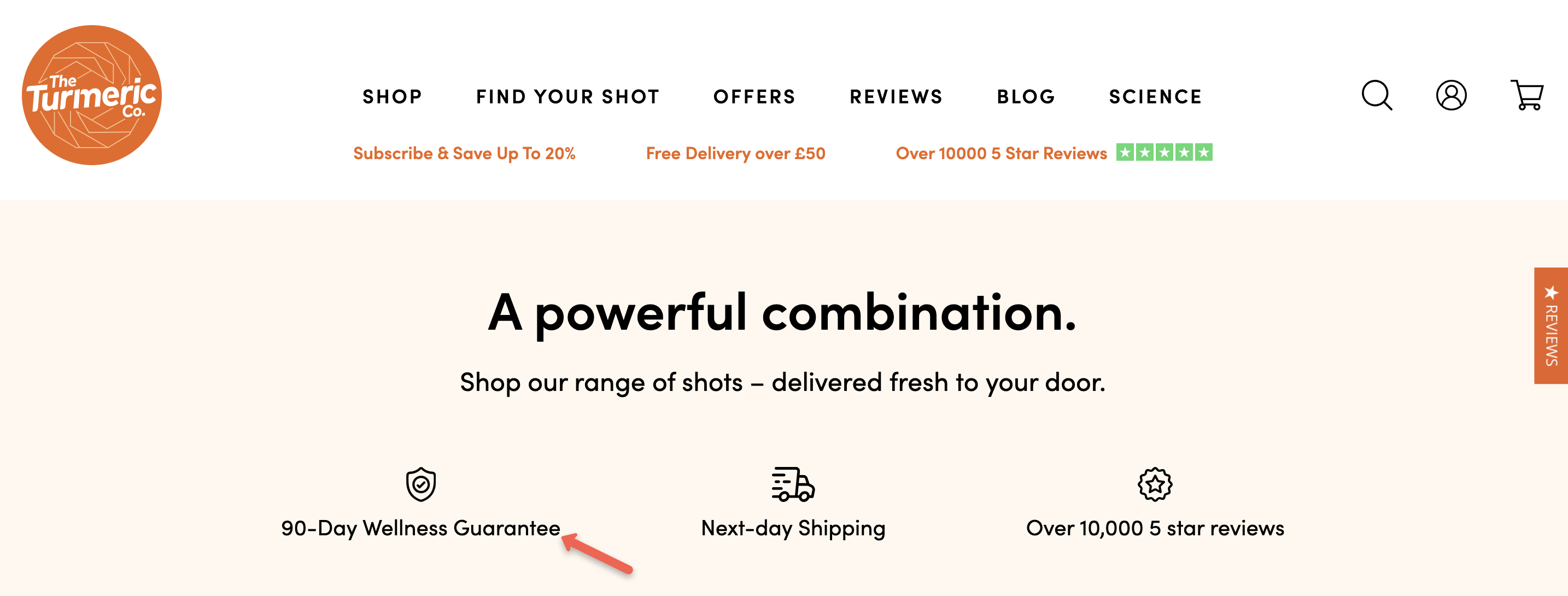
11. Now
Adding urgency, “now” encourages immediate action.
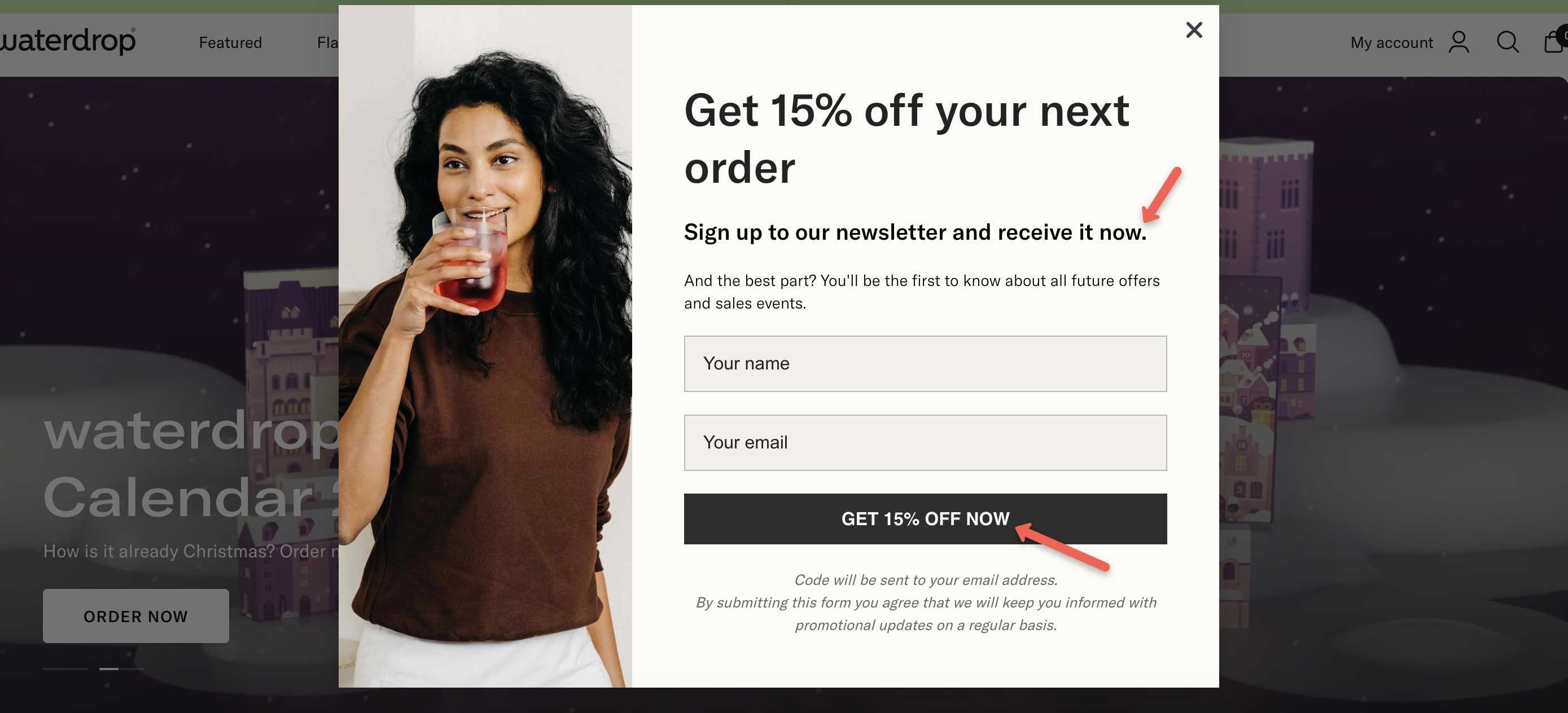
12. Instant
In our fast-paced world, “instant” is irresistible. People want quick results, and this word delivers that promise.
13. Safe
Address concerns around risk with the word “safe,” especially if customers are on the fence about making a purchase.
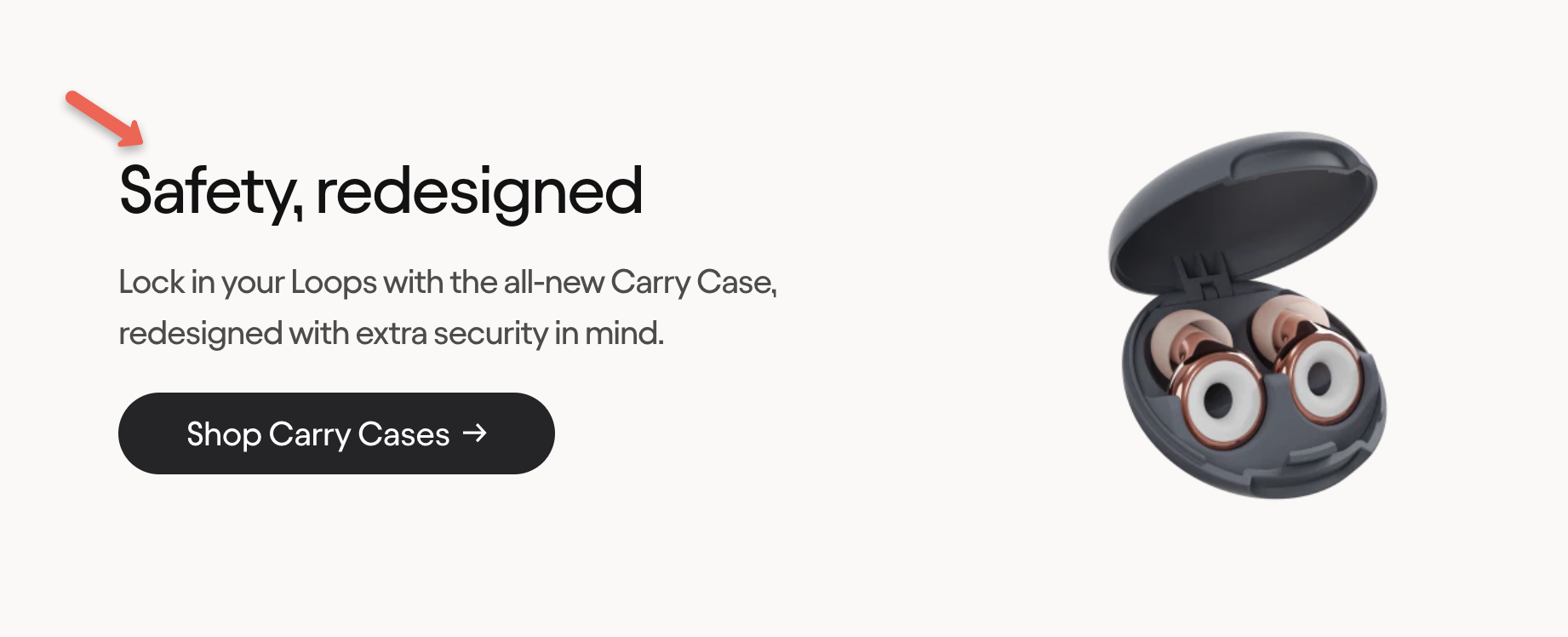
14. Love
A powerful emotional trigger, “love” helps create a bond with your brand or product.
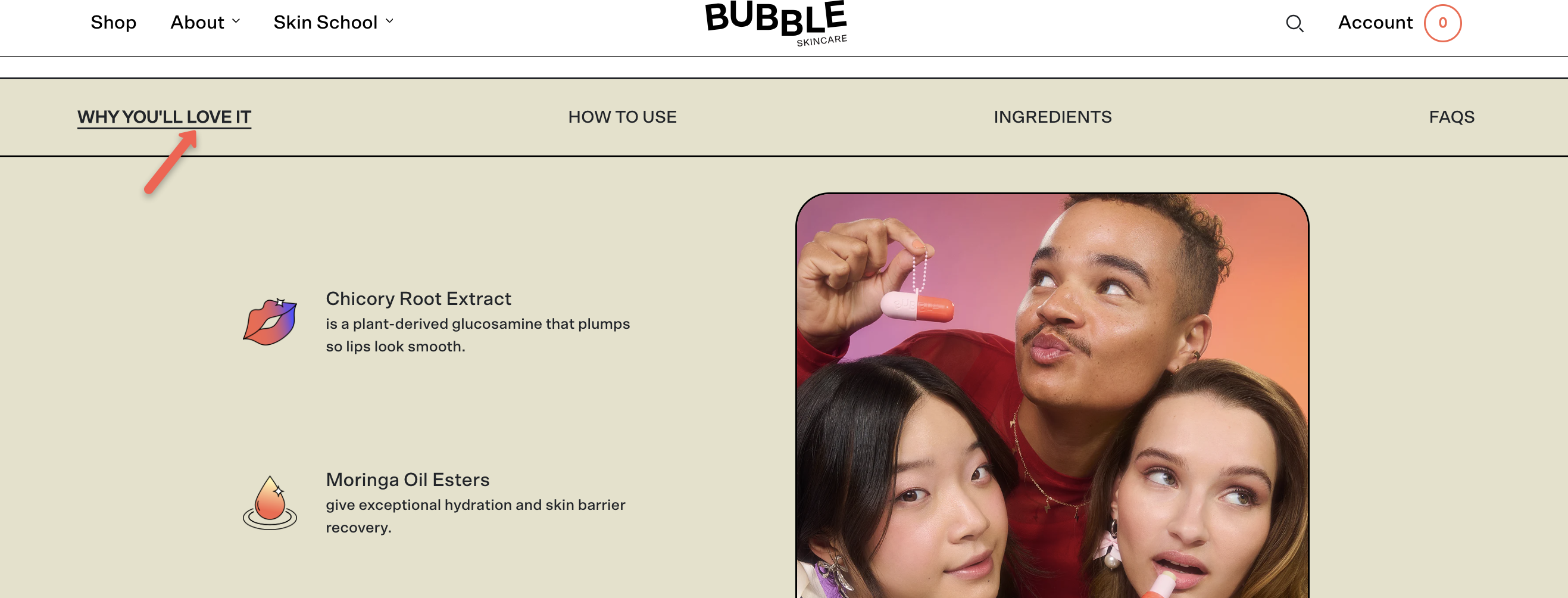
15. Results
Focus on the outcome. “Results” assures customers they’ll see a tangible benefit from their purchase.
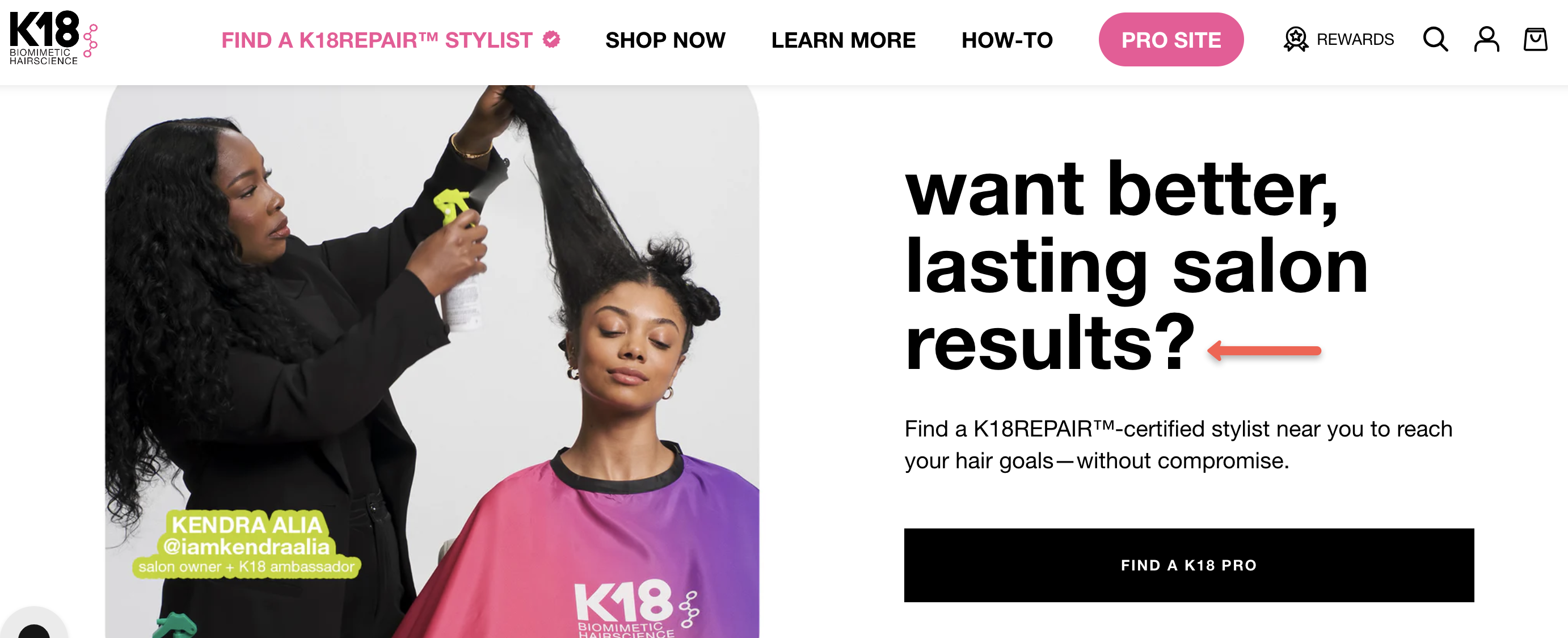
16. Hurry
Another urgency-driven word, “hurry” pushes customers to act quickly before it’s too late.
17. Join
Invites customers to be part of a community, which fosters loyalty and belonging.
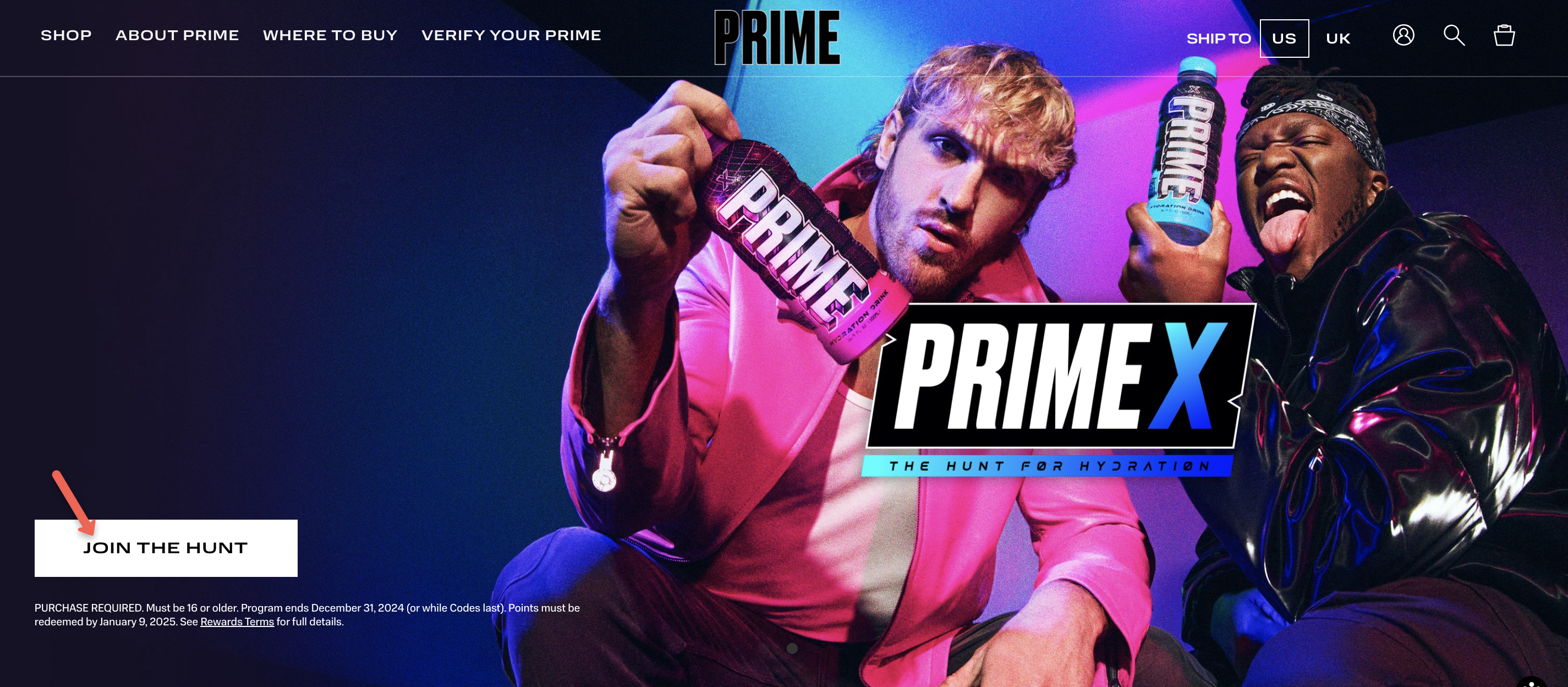
18. Discover
This word taps into curiosity and the excitement of finding something new.
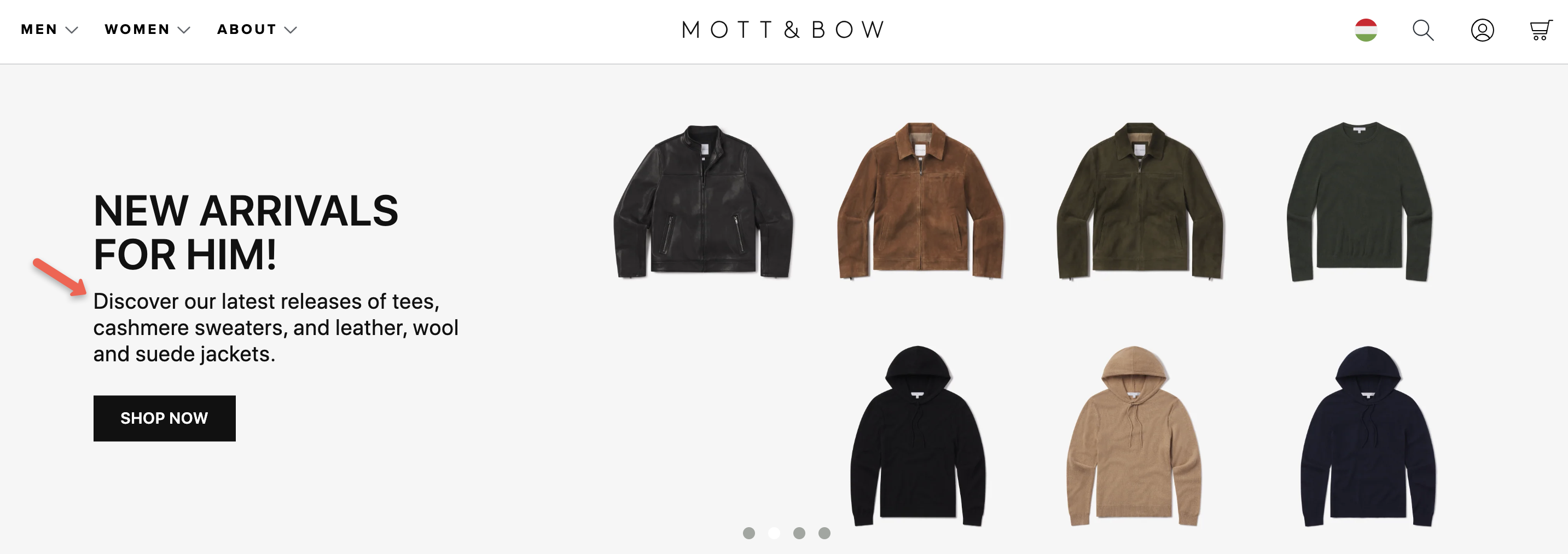
19. Risk-free
Another term to ease customer fears, “risk-free” removes any concerns about loss.
20. Affordable
Price-conscious shoppers love seeing this word. “Affordable” shows that they can get great value without breaking the bank.
21. Secret
Everyone wants to be in on a secret. It creates intrigue and makes your offer feel like insider knowledge.
22. Bonus
Who doesn’t love extra value? “Bonus” gives the impression of receiving something above and beyond the expected.
23. Effortless
If something feels like it will take little effort, it’s instantly more attractive.
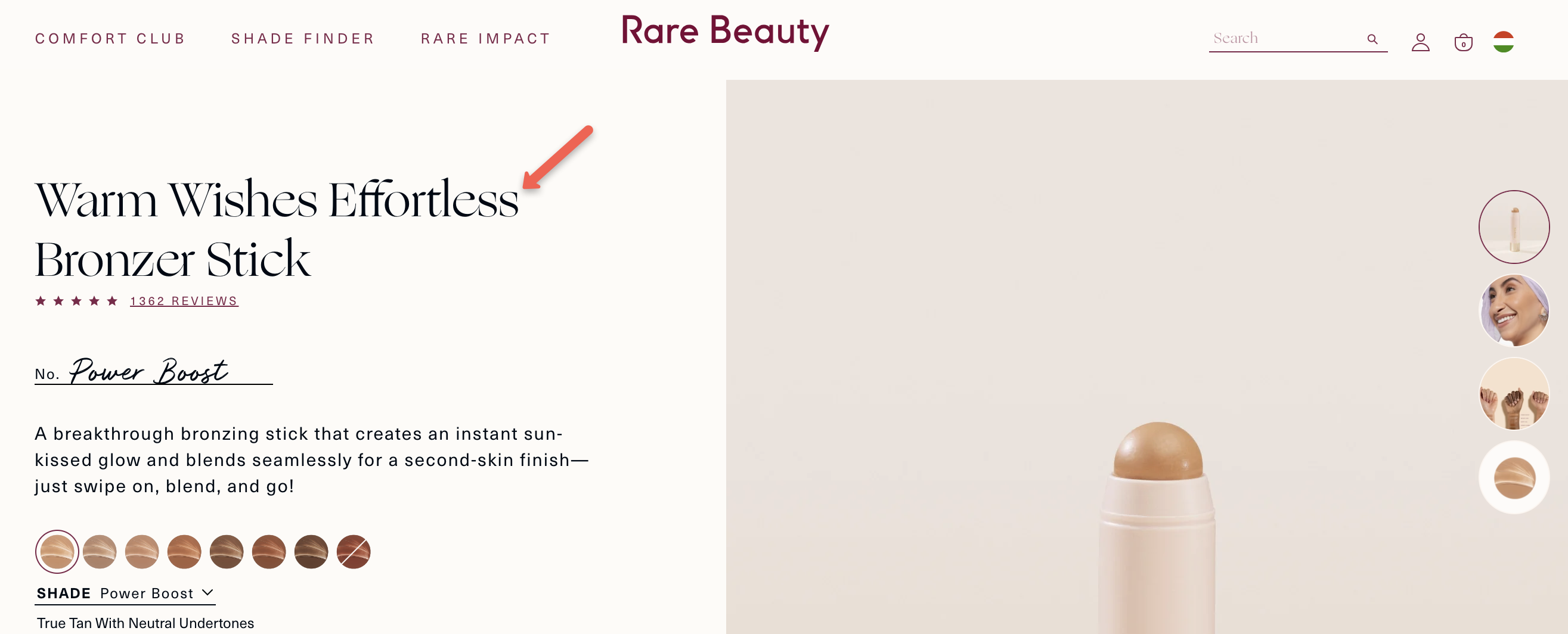
24. Breakthrough
This word suggests innovation or something revolutionary that solves a major problem. It positions your product or service as cutting-edge and transformative, giving your audience the sense that they’re getting something truly revolutionary.
25. Success
A powerful motivator, “success” appeals to the aspirational goals of your audience. It taps into the desire for achievement, positioning your product or service as the key to reaching personal or professional milestones.
26. Fearless
It evokes confidence and courage, reassuring customers that they can make bold choices without hesitation. It helps eliminate the doubts or fears that often hold people back from making decisions.
27. Unbeatable
“Unbeatable” suggests absolute superiority, positioning your offer as the best in its category. It communicates that nothing else on the market can match what you’re providing in terms of value, quality, or performance.
28. Amazing
This power word is a high-energy word that evokes excitement and makes your product or service sound irresistible. It captures attention by promising an extraordinary experience or outcome.
29. Act
“Act” is a strong, action-oriented word that leaves no ambiguity about what customers should do next. It prompts immediate engagement, urging potential buyers to take decisive steps.
30. Don’t miss
Leverages the fear of missing out (FOMO) to compel action. This one word creates urgency by implying that a unique opportunity is slipping away.
Categories of persuasive words (with 25 examples)
To make things easier, persuasive words can be grouped into different categories based on their purpose. This will help you figure out which word to use depending on the tone and goal of your message.
1. Urgency and scarcity
One of the most effective ways to nudge both potential customers and existing customers into action is by creating a sense of urgency or scarcity. People tend to value things more when they feel time or availability is limited.
Examples:
- Limited
- Hurry
- Exclusive
- Last chance
- Now
2. Trust and credibility
Trust is essential in any transaction. Using words that build credibility reassures your audience that they’re making the right choice.
Examples:
- Guaranteed
- Proven
- Trusted
- Certified
- Official
3. Value and benefit
People want to know what’s in it for them. Words that highlight value or tangible benefits to the consumer are key to conversion.
Examples:
- Free
- Instant
- Save
- Results
- Affordable
4. Emotional appeal
Emotions are a powerful driver of decision-making. Whether it’s the promise of excitement, security, or happiness, words that appeal to emotions can be persuasive.
Examples:
- Love
- Safe
- Exciting
- Fearless
- Amazing
5. Call-to action
These words directly tell the customer what to do next. Effective CTAs leave no room for confusion, driving immediate action.
Examples:
- Get
- Join
- Try
- Buy
- Discover
How to use persuasive words effectively?
Now that you have a curated list of persuasive words, how do you incorporate them into your sales copy effectively?
Here are a few tips:
1. Balance persuasion with authenticity
It’s important to strike a balance between persuasion and honesty. If your message feels too good to be true, customers may feel skeptical or even misled. Over-promising can harm your brand’s reputation in the long run.
For example, if you guarantee “instant results” but your product typically takes time to deliver, you’ll lose trust quickly.
Instead, use persuasive words to highlight real benefits that you can confidently deliver. Authenticity builds credibility, and customers are far more likely to return when they feel like they’re dealing with a transparent brand.
2. Test and refine
Not every word will work equally well for every audience. A term like “affordable” might strike a chord with budget-conscious shoppers but fall flat for a luxury brand audience.
This is where A/B testing comes into play. Split-test different variations of your sales copy with different sets of words to see which version resonates more with your target market. You might find that “proven” works better than “guaranteed” or that “discover” outperforms “try” in your particular context.
Marketing is as much about data as it is creativity. Analyzing how your audience responds to specific words or phrases can reveal insights into their preferences and buying triggers. The more you test, the more you learn about what drives action in your specific market.
3. Context is key
Always remember that the power of words is tied to context. Just because a word works well in one scenario doesn’t mean it’ll automatically succeed in another.
For example, using “affordable” might be a great fit for a value-driven brand selling budget products, but it wouldn’t be appropriate for a premium brand where words like “exclusive” or “luxurious” would resonate more.
Similarly, persuasive words should be aligned with your overall brand voice. If your brand is playful and youthful, terms like “amazing” or “exciting” could fit perfectly. However, if you’re targeting an audience that expects professionalism and formality, words like “proven,” “trusted,” or “official” might be a better fit.
4. Match words to the buying stage
Not all persuasive words work at every stage of the buyer’s journey.
For instance, when a potential customer is in the awareness stage and just learning about your product, words like “discover” or “learn” are effective because they encourage exploration.
In contrast, when they’re close to making a decision, words like “buy,” “act now,” or “limited time” create the urgency to close the deal.
Mapping the right words to the customer’s buying journey ensures that your messaging feels relevant and timely, rather than forced or pushy.
5. Pair persuasive words with strong visuals
Words alone can work wonders, but pairing them with visuals can significantly enhance their impact.
For example, pairing the word “proven” with customer testimonials or success stories provides visual proof that reinforces the trustworthiness of your claim.
Likewise, combining “limited offer” with a countdown timer can create visual urgency that drives people to act fast.
Visuals give context to your words and help reinforce the message, making it even more compelling.
How to avoid language pitfalls?
While using power words and a friendly tone can be effective in marketing, there are also certain language pitfalls to avoid.
Using words or phrases with a negative connotation can have a negative impact on your marketing efforts, and can even harm your brand’s reputation. For example, using words like “discount” or “contract” can have a negative effect on buyers, and can make them think of a closeout sale or a legally-binding agreement.
Another language pitfall to avoid is using words or phrases that are too generic or clichéd. Using the same product descriptions or marketing language as your competitors can make your brand seem unoriginal and uncreative, and can fail to grab the attention of potential customers. Instead, try to use language that is unique and creative, and that speaks to the specific needs and interests of your target audience.
It’s also important to consider the word choice used in your marketing campaigns. Using words that are too technical or jargon-heavy can confuse or alienate users, and can make your brand seem inaccessible or elitist. On the other hand, using simple and clear language can help to build trust and rapport with your audience, and increase the chances of making a sale.
FAQ
What are power words?
Power words are emotionally charged words that compel action, evoke emotion, or make content more engaging. In marketing, these words are strategically used to influence how people feel and think, ultimately guiding them toward making a decision—whether it’s buying a product, signing up for a service, or taking any desired action. Power words tap into human psychology by triggering emotions like excitement, urgency, or curiosity.
What is the most powerful word in selling?
While it depends on the context, “Free” is often considered one of the most powerful words in selling. People are naturally drawn to the idea of receiving something for nothing, and “free” can instantly grab attention and lower the perceived risk of making a purchase. Another contender is “You,” which personalizes the message and makes the customer feel directly addressed and involved.
What word makes people buy?
Words that evoke a sense of urgency or scarcity, like “Limited” or “Now,” often make people take immediate action. These words create the fear of missing out (FOMO), encouraging potential buyers to act quickly before they lose the opportunity. Another effective word is “Save,” as it highlights a financial benefit, making customers feel like they’re getting a great deal.
Wrapping up
Persuasive words are a marketer’s best friend.
Whether you’re looking to create urgency, build trust, or tap into emotions, the right words can make all the difference in driving sales. Test out these words in your own copy, and watch how they impact your sales.
Remember: selling isn’t just about what you say—it’s about how you say it.
Migration has never been easier
We made switching a no-brainer with our free, white-glove onboarding service so you can get started in the blink of an eye.
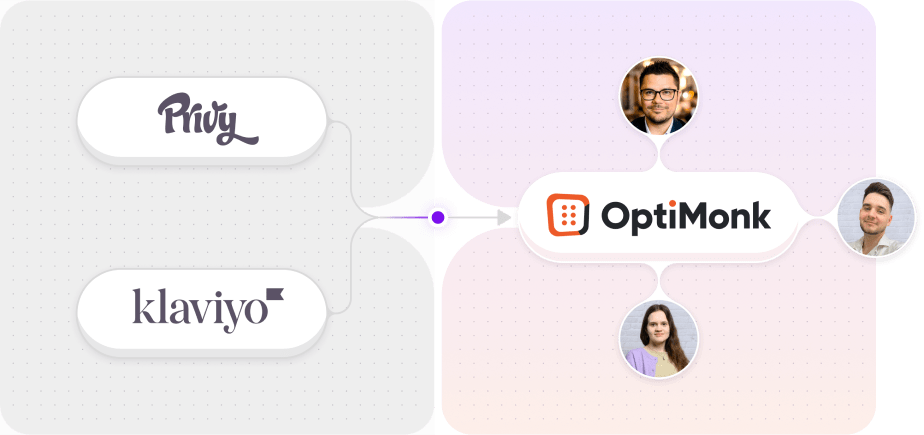
What should you do next?
Thanks for reading till the end. Here are 4 ways we can help you grow your business:
Boost conversions with proven use cases
Explore our Use Case Library, filled with actionable personalization examples and step-by-step guides to unlock your website's full potential. Check out Use Case Library
Create a free OptiMonk account
Create a free OptiMonk account and easily get started with popups and conversion rate optimization. Get OptiMonk free
Get advice from a CRO expert
Schedule a personalized discovery call with one of our experts to explore how OptiMonk can help you grow your business. Book a demo
Join our weekly newsletter
Real CRO insights & marketing tips. No fluff. Straight to your inbox. Subscribe now
Nikolett Lorincz
- Posted in
- Marketing
Partner with us
- © OptiMonk. All rights reserved!
- Terms of Use
- Privacy Policy
- Cookie Policy
Product updates: January Release 2025








